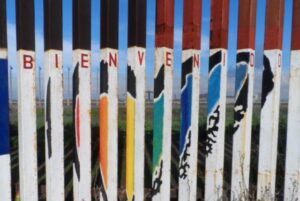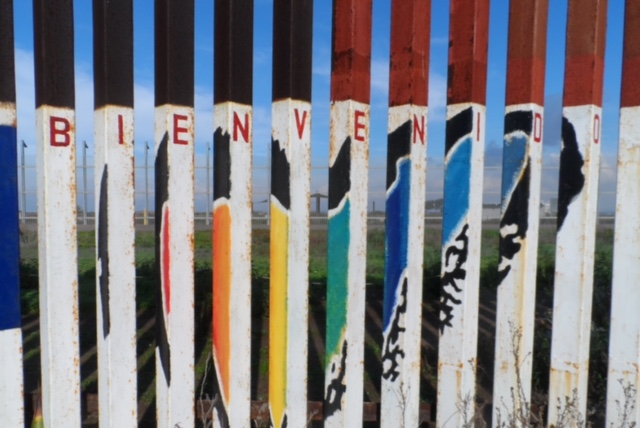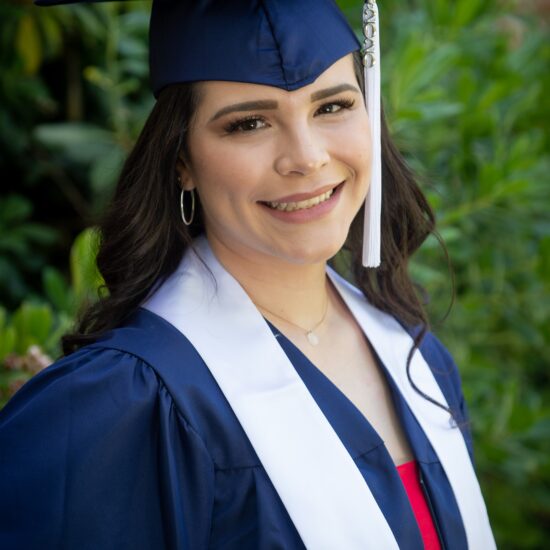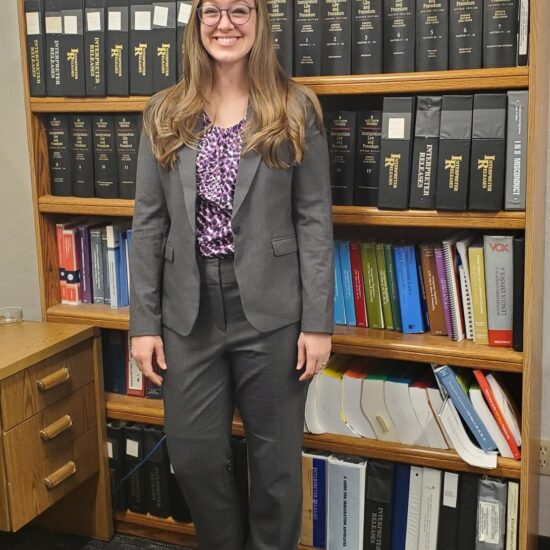A safe place to call home. A job that contributes to the community and puts food on the table for family. A dream of something better for our children. Many of us are here because someone in our family tree immigrated here with these dreams. People immigrating today have the same dream.
Sometimes the dream goes awry.
Southern Arizona Legal Aid has been assisting immigrants with civil legal aid since the early 1980’s. Our mission is to provide equal access to justice for those who would otherwise not have legal help. That includes helping immigrants who have been victims of crime receive the legal aid they need to help get back their dream of home, food, income and safety.
Immigration Work at SALA
SALA has a long history of serving this community to the best of our ability. In 1999, when TECLA, a nonprofit legal service office closed, local clergy and immigration advocates, including SALA immigration attorney Valerie Hink, came together and advocated for SALA to take over TECLA’s remaining STOP grant funds. The governor’s office agreed to transfer those funds to SALA, and approved SALA’s subsequent STOP grant applications every year until 2020.
Upon securing the STOP grant funds, SALA was able to expand the Immigration Unit. We hired another attorney, a paralegal and an administrative assistant. In 1996, Congress restricted civil legal aid immigration work to only assisting immigrants victimized by crime committed by a U.S. citizen spouse, trafficked into the US, or random crime while in the U.S. in order to assist law enforcement with the prosecution of the crime committed against them.
SALA is the only federally funded legal aid organization in Arizona providing immigration legal services to undocumented immigrants. Our focus is helping to stabilize the immigrant while in the US, and to put them on the path to obtaining work authorization and citizenship.
STOP Grant Impact
For many years, the STOP grant has positively impacted many families. Some of our clients have experienced inconceivable trauma, but their gratitude is always sincere, warm, and everlasting. We see it every day in the form of a hand written thank you card, the smell of a comfort dish; we hear it in the tone of their voice, and feel it in the form of a hug.
“I’d like to thank everyone at SALA that worked on my case. When I was having trouble, I felt alone. I` didn’t know what to do, `I would cry. I felt embarrassed. I never imagined that I could be saved. I thank God for finding you, for finding SALA. I feel protected. I feel safe…” – A SALA Immigration Client, October 10, 2000
“… You have been an angel that helped me walk down this road, sometimes filled with potholes, but always looking into the horizon. I don’t know how to thank you for all the happiness you’ve brought me…” –A SALA Immigration Client, February 9, 2021
2020 STOP Grant Statistics
| 447 open cases representing: • 41 survivors of sexual assault • 1 survivor of stalking • 405 survivors of domestic violence |
80 applications approved including: • 11 U Visa • 14 Green Card/LPR adjustment of status |
STOP Grant Not Renewed for 2021
This represents a $150,000 loss. Losing these funds has placed a strain on our ability to provide services. Since losing the grant the end of 2020, SALA has been unable to replace an immigration attorney who retired. This attorney had 200 open cases of which 84 were absorbed by other staff on top of their normal workload. This increase in workload temporarily halted some of our units’ ability to review and accept further applications.
Even before this loss, the STOP grant amounts had been shrinking. The Immigration Unit now consists of only one attorney and two paralegals.
Moving Forward
Despite this setback, SALA is committed to continue advocating on behalf of immigrants in need. We will reapply for the STOP grant for 2022. In the meantime, we are tapping into the deep vein of generosity here in Southern Arizona. At root, we share the same dream. You can help put foundations under that dream for a family facing not just immigration issues, but also the basics of home, food, income and safety. Together, we can build a safer, stronger and healthier community.




